A Look at Traditional Publishing
 The world of publishing is changing faster than anyone could ever have imagined. And it is true that there is much lamentation over the fact. But for authors, these changes have meant that a host of opportunities have presented themselves. Never before have creative writers had as many options as we do today.
The world of publishing is changing faster than anyone could ever have imagined. And it is true that there is much lamentation over the fact. But for authors, these changes have meant that a host of opportunities have presented themselves. Never before have creative writers had as many options as we do today.
As with any change however, the mere fact that there are so many options can be bewildering and very confusing. Competition is fierce. So the pressure that goes with making these choices is intense.
I am, what is known these days, as a “traditionally published author”. That means, I wrote my novel, submitted it to an agent. That agent offered me representation and then sold my novel to one of the Big Five publishers for an advance on royalties subject to a publishing contract.
I am one of the lucky ones.
I really am. I have a fantastic agent who really understands my work. We have a great relationship and we communicate with honesty. Mostly, it’s my agent telling me not to be silly, but that’s a separate issue. The fact is, I have the greatest respect and admiration for my agent. Plus, he’s a really great person too. I also have a great editor and publishers.
My publishers had the budget to create the extraordinarily beautiful cover designs that adorn my books. They had the marketing and distribution networks to get my novels out there. I am part of a team of people who make it possible for readers to read and enjoy my work.
How fantastic is that? As I said, I am lucky.
But am I really?
Traditional publishing has certainly come under much scrutiny and criticism over recent years. And even I have to admit that there have been hitches and hiccoughs. Sometimes, with even the most well oiled machines, things do go wrong. Competition to make it as a traditionally published author is fierce. Advances are shrinking. It is definitely not all roses.
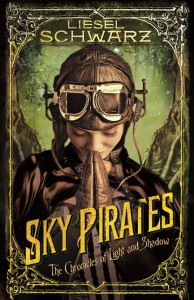 But how has being part of the traditional machine affected my writing? If I’m honest, I think it has done so for the better.
But how has being part of the traditional machine affected my writing? If I’m honest, I think it has done so for the better.
It is physically impossible to edit work that you have written yourself to a final standard. This is a provocative statement. Many might disagree with me. Many authors are fantastic self-editors who do edit to a very high standard.
The problem with self-editing is that it is impossible to remove that element of subjectivity which is created when one writes something.
As a traditionally published author, my work is sent through a three-stage process of editing. Four, if you count the self editing I do before I submit.
First, the book is ready by my editor who makes notes. These developmental edits tend to focus on the story. Does the plot work? Are the characters all good? Do they like the way the book reads and if not, how should it be cut and changed in order to work better.
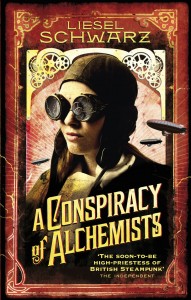 Developmental edits can be hard, because they focus on the creative choices one makes in one’s work. But developmental edits are good. My editor has many years’ experience in publishing within the genre. He knows what works and what does not. I benefit from that experience.
Developmental edits can be hard, because they focus on the creative choices one makes in one’s work. But developmental edits are good. My editor has many years’ experience in publishing within the genre. He knows what works and what does not. I benefit from that experience.
The second stage is the copy edit stage. The work is sent off to a copy editor who goes through the manuscript with a fine tooth comb and checks things like spelling, grammar and punctuation. Copy editors also check things like plot continuity and other inconsistencies. Do timelines match up? Are matters referenced within the work accurate?
There are few things more humbling than receiving a thorough copy edit. Having someone else point out the flaws in the actual prose you have written can be quite a gruelling experience. But one learns from it. Even on a subconscious level.
The last stage is the proof stage or the galleys as they are called. The manuscript is sent to the typesetters who then put the text into the format that it will eventually appear once printed. At this stage, the work is proof read and any last minute typos or errors are removed so everything is pristine when it is sent to print or in the case of eBooks, publication.
Is it worth having an agent? Definitely. The answer comes with a caveat though. Just like you would not marry the first man who asks you simply so you could say that you were married, so you should also not sign up with the first agent who offers you representation. Having an agent only works if the chemistry is right. Your agent manages your career. As in any relationship there has to be mutual trust and respect. Without it, having an agent can be a very bad thing indeed.
As for traditional publishing: I think that it has made me more objective about my work. It has made me more professional too. The quality of my writing is definitely higher, more polished. I think that every author should go through the traditional publishing route at least once. The experience definitely shapes one.
But is traditional publishing the only way forward? Most decidedly not. I think as authors, it would be extraordinarily foolish to pass up these many opportunities that we have. Always keep your options open. Have a portfolio of work, whether it be traditionally published, self-published, fiction or non-fiction. And most important of all, keep making good stories and fabulous books!
—
Liesel Schwarz writes fiction. A life-long fan of 19th Century Gothic literature, she is a hopeless romantic and loves Victorians, steampunk, fairies, fantasy monsters, the Fin de Siècle, and the correct way to drink absinthe.
She also likes Medieval stuff, pirates, zombies, space operas and all subjects in between. She is also currently busy with her doctorate in English and Creative Writing at Brunel University.
She lives in London in the United Kingdom and is definitely a cat person.
Find out more about Liesel on her website www.lieselschwarz.com
Follow her on twitter @Liesel_S
Category: Contemporary Women Writers, On Publishing






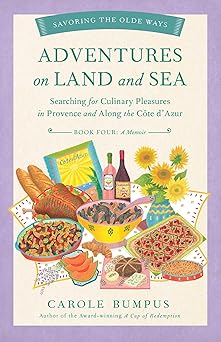
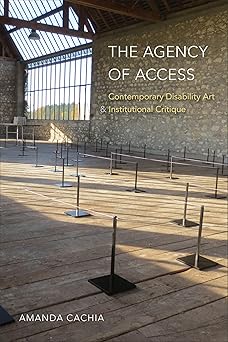
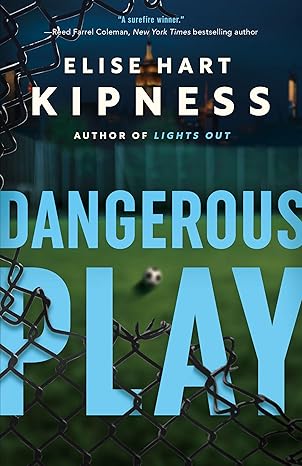
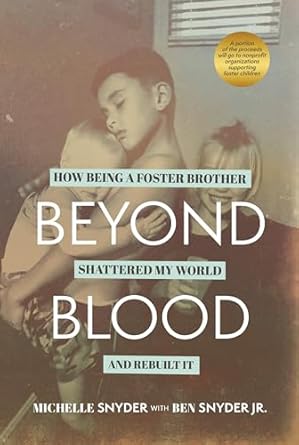
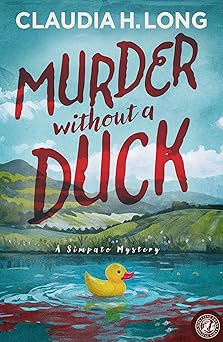
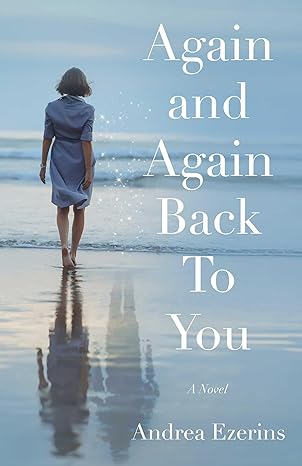
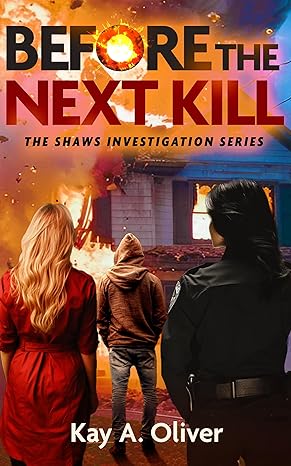
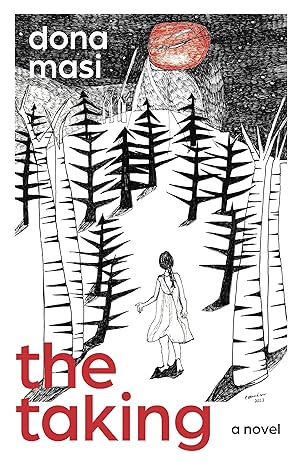

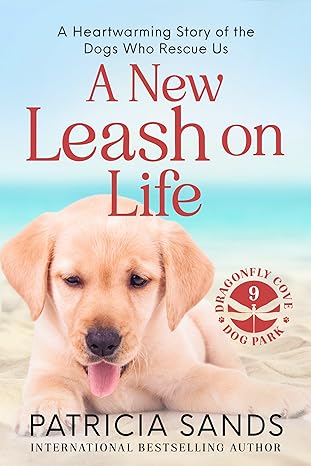

I agree that having an agent is a great way to go…but what does a writer do when you can’t get an agent? That’s the problem I have had for several years. I had to self-publish my book in 2011 after submitting my query letter to several agents. It looks like I will have to do the same with my second book. I will keep trying to do the traditional route, but it has been very discouraging.
I go agent-free and am very pleased with that, but I do agree to a certain extend that you need assistance with your editing. At some point you develop a blind spot and miss the darnest of things, but I don’t feel it needs to be this elaborate. As a professional writer in business communication I need to self-edit all the time. It is possible to take some distance from your work and review it as if it were somebody else’s. However, with a project like a book I wouldn’t want to go without an editor. In fact, when still in the planning stage I already asked a friend/author/former English teacher to help me with the editing. Glad she said yes!
Thanks for sharing this! I just wanted to echo Kathleen’s comment that it is possible to obtain editing services at all levels as an indie published author. I completely agree with both of you that this is so important; no matter how good you are at self-editing you will always miss things.
Publishing is such an interesting journey right now, no matter how you go about it. Thanks for sharing your experience!
Hi Liesel
Interesting reflection on the traditional route into publishing. In my opinion it is the quality control for all writers to aspire to, although not all trad published novels are as polished as yours sound to be.
I too went through a more trad route with my first novel and this gave me a wonderful grounding as to what to aim for when self publishing and helping other local authors to do so, through our own imprint. I also agree with you that an author cannot edit or proof read their own work successfully and should pay for professional services if at all possible.
It is sad that so many of the small publishing houses have been swallowed up by the big five. Self published work give the reader far more choice and some I’ve read have been excellent (and visa versa I’m afraid when the author published traditionally has been either a celebrity or from the publishing or media industry)
Good luck with your writing and long may we all continue to be fruitful!
Kathleen, So sorry to hear about your agents. It is very true that the careers of most authors tend to have bumpy moments, myself included. I think your case illustrates my point. You went through the publication process 12 times. This means that you know and understand the process, you know how to find a copy editor, what needs to go into covers and marketing – the whole shebang. I think any author who scorns indie publishing these days is at best, doing themselves a disservice and at worst, a fool. We all have to think laterally these days in order to survive.
I think my message is more for new authors who haven’t gone through the publication process: The indie market is crowded. Publishing a book yourself is a lot of work and can be a tricky process. It’s therefore very nice to have a team of people behind you who ostensibly know what they’re doing. For this reason, it is something that should also not be scorned.
..and thank you so much for the kind words about my covers. They are lovely, aren’t they?
LS
Really interesting contribution to the Trade v Indie debate Liesel – so glad that you have had such a good experience with the traditional model. But for some of us it has been traumatic. I’ve had 12 books published traditionally, and have had 4 agents – one of them still owes me money, one terrified me, another almost destroyed my career. As you point out, it’s very important to get the right agent, but these days often getting any kind of agent is impossible, particularly for new writers at the beginning of their careers.
I’m also independently published and I’m loving it! While I agree with you that it’s not possible for most authors to self-edit to the desired professional standard, it’s possible to buy in the same editing services as the big 5 publishers. Now that I’ve discovered the freedom of Indie, it would take a lot to tempt me back into the Trade fold.
Good luck with your books – I had a look (fantastic covers!) and predict they’re going to do really well!!